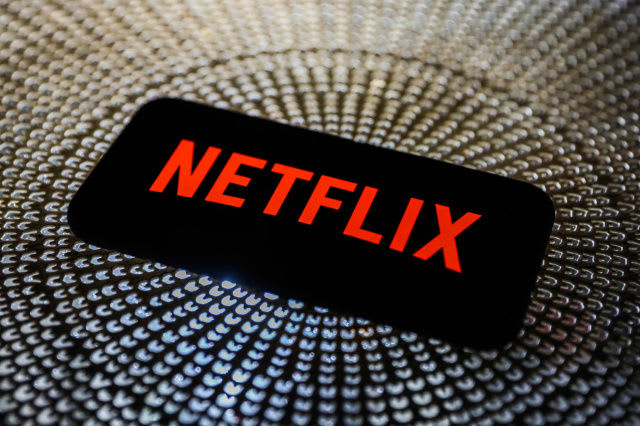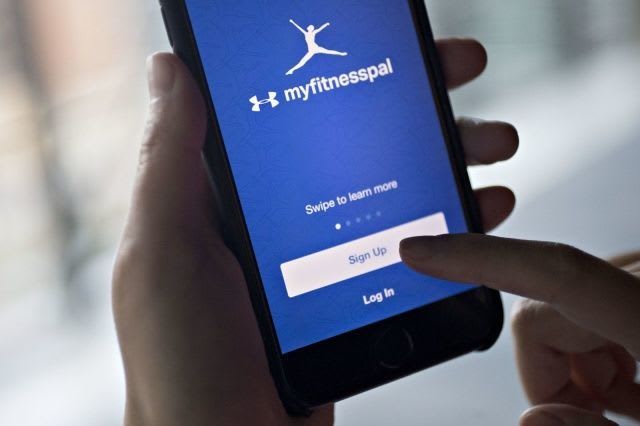<
<
Web3 and the Metaverse: Shaping the Future of the Internet
The digital landscape is evolving at an unprecedented pace, and two concepts are at the forefront of this revolution: Web3 and the Metaverse. These buzzwords are not just passing trends; they represent significant shifts in how we interact with technology, data, and even reality itself. Let’s delve into what Web3 and the Metaverse are and how they are shaping the future of the internet.
What is Web3?
Web3, or Web 3.0, is the next generation of the internet. Unlike Web 2.0, which is dominated by centralized platforms like Google and Facebook, Web3 aims to decentralize the web. Built on blockchain technology, Web3 enables peer-to-peer interactions without the need for intermediaries. This decentralization enhances privacy, security, and user control over data.
Key features of Web3 include:
Decentralization: No single entity controls the network; power is distributed among users.
Smart Contracts: Automated agreements that execute when predefined conditions are met.
Cryptocurrencies: Digital assets like Bitcoin and Ethereum facilitate transactions without traditional financial institutions.
What is the Metaverse?
The Metaverse is a virtual universe that combines augmented reality (AR), virtual reality (VR), and the internet. It’s a shared digital space where users can interact with each other and digital objects in real-time. Think of it as an immersive internet experience, where you can attend meetings, play games, shop, or even build a digital home—all in a virtual environment.
Key characteristics of the Metaverse include:
Immersive Experiences: Utilizing VR and AR to create lifelike interactions.
Interoperability: Seamless movement of assets and identities across different virtual worlds.
Persistent and Shared: The Metaverse exists continuously and is accessible to multiple users simultaneously.
How Web3 and the Metaverse Intersect
Web3 and the Metaverse are complementary technologies. While the Metaverse provides a virtual space for interaction, Web3 ensures these spaces are decentralized, secure, and user-centric. For example:
Digital Ownership: Blockchain enables true ownership of digital assets in the Metaverse, such as NFTs (non-fungible tokens) representing virtual real estate or artwork.
Interoperable Economies: Cryptocurrencies and decentralized finance (DeFi) create a unified economic system across multiple Metaverse platforms.
User Governance: Decentralized autonomous organizations (DAOs) allow users to collectively manage virtual communities and platforms.
Real-World Applications
Gaming: Games like Decentraland and Axie Infinity integrate blockchain to offer players real ownership of in-game assets.
E-Commerce: Virtual stores in the Metaverse allow customers to browse, try, and purchase items with cryptocurrencies.
Education: Virtual classrooms offer interactive learning experiences, accessible from anywhere in the world.
Social Interaction: Platforms like Horizon Worlds provide spaces for socializing, collaborating, and hosting events.
Challenges and Criticisms
Despite their promise, both Web3 and the Metaverse face significant challenges:
Scalability: Current blockchain technology struggles with handling massive user bases.
Environmental Impact: The energy consumption of blockchain networks raises sustainability concerns.
Regulation: Governments are still grappling with how to regulate decentralized systems.
Accessibility: High costs of VR equipment and lack of universal internet access can limit participation.
Conclusion
Web3 and the Metaverse are reshaping the internet into a more immersive, decentralized, and user-focused ecosystem. While they are still in their early stages, the potential they hold for innovation across industries is undeniable. As these technologies mature, they promise to create a digital world where users have greater control, freedom, and opportunities.
The journey to this new era of the internet is just beginning, and it’s an exciting time to explore and participate in this transformation.
Labels: Augmented reality, Blockchain, Cryptocurrency, DAOs, Decentraland, Digital Ownership, e-commerce, gaming, Immersive Experiences, Metaverse, NFT, Smart Contracts, Virtual Economies, Virtual Reality, Web3
<$BlogItemLabels$>
Web3 and the Metaverse: Shaping the Future of the Internet
The digital landscape is evolving at an unprecedented pace, and two concepts are at the forefront of this revolution: Web3 and the Metaverse. These buzzwords are not just passing trends; they represent significant shifts in how we interact with technology, data, and even reality itself. Let’s delve into what Web3 and the Metaverse are and how they are shaping the future of the internet.
What is Web3?
Web3, or Web 3.0, is the next generation of the internet. Unlike Web 2.0, which is dominated by centralized platforms like Google and Facebook, Web3 aims to decentralize the web. Built on blockchain technology, Web3 enables peer-to-peer interactions without the need for intermediaries. This decentralization enhances privacy, security, and user control over data.
Key features of Web3 include:
Decentralization: No single entity controls the network; power is distributed among users.
Smart Contracts: Automated agreements that execute when predefined conditions are met.
Cryptocurrencies: Digital assets like Bitcoin and Ethereum facilitate transactions without traditional financial institutions.
What is the Metaverse?
The Metaverse is a virtual universe that combines augmented reality (AR), virtual reality (VR), and the internet. It’s a shared digital space where users can interact with each other and digital objects in real-time. Think of it as an immersive internet experience, where you can attend meetings, play games, shop, or even build a digital home—all in a virtual environment.
Key characteristics of the Metaverse include:
Immersive Experiences: Utilizing VR and AR to create lifelike interactions.
Interoperability: Seamless movement of assets and identities across different virtual worlds.
Persistent and Shared: The Metaverse exists continuously and is accessible to multiple users simultaneously.
How Web3 and the Metaverse Intersect
Web3 and the Metaverse are complementary technologies. While the Metaverse provides a virtual space for interaction, Web3 ensures these spaces are decentralized, secure, and user-centric. For example:
Digital Ownership: Blockchain enables true ownership of digital assets in the Metaverse, such as NFTs (non-fungible tokens) representing virtual real estate or artwork.
Interoperable Economies: Cryptocurrencies and decentralized finance (DeFi) create a unified economic system across multiple Metaverse platforms.
User Governance: Decentralized autonomous organizations (DAOs) allow users to collectively manage virtual communities and platforms.
Real-World Applications
Gaming: Games like Decentraland and Axie Infinity integrate blockchain to offer players real ownership of in-game assets.
E-Commerce: Virtual stores in the Metaverse allow customers to browse, try, and purchase items with cryptocurrencies.
Education: Virtual classrooms offer interactive learning experiences, accessible from anywhere in the world.
Social Interaction: Platforms like Horizon Worlds provide spaces for socializing, collaborating, and hosting events.
Gaming: Games like Decentraland and Axie Infinity integrate blockchain to offer players real ownership of in-game assets.
E-Commerce: Virtual stores in the Metaverse allow customers to browse, try, and purchase items with cryptocurrencies.
Education: Virtual classrooms offer interactive learning experiences, accessible from anywhere in the world.
Social Interaction: Platforms like Horizon Worlds provide spaces for socializing, collaborating, and hosting events.
Challenges and Criticisms
Despite their promise, both Web3 and the Metaverse face significant challenges:
Scalability: Current blockchain technology struggles with handling massive user bases.
Environmental Impact: The energy consumption of blockchain networks raises sustainability concerns.
Regulation: Governments are still grappling with how to regulate decentralized systems.
Accessibility: High costs of VR equipment and lack of universal internet access can limit participation.
Conclusion
Web3 and the Metaverse are reshaping the internet into a more immersive, decentralized, and user-focused ecosystem. While they are still in their early stages, the potential they hold for innovation across industries is undeniable. As these technologies mature, they promise to create a digital world where users have greater control, freedom, and opportunities.
The journey to this new era of the internet is just beginning, and it’s an exciting time to explore and participate in this transformation.
Labels: Augmented reality, Blockchain, Cryptocurrency, DAOs, Decentraland, Digital Ownership, e-commerce, gaming, Immersive Experiences, Metaverse, NFT, Smart Contracts, Virtual Economies, Virtual Reality, Web3










